Agribook
with Australia’s largest independent farmer database
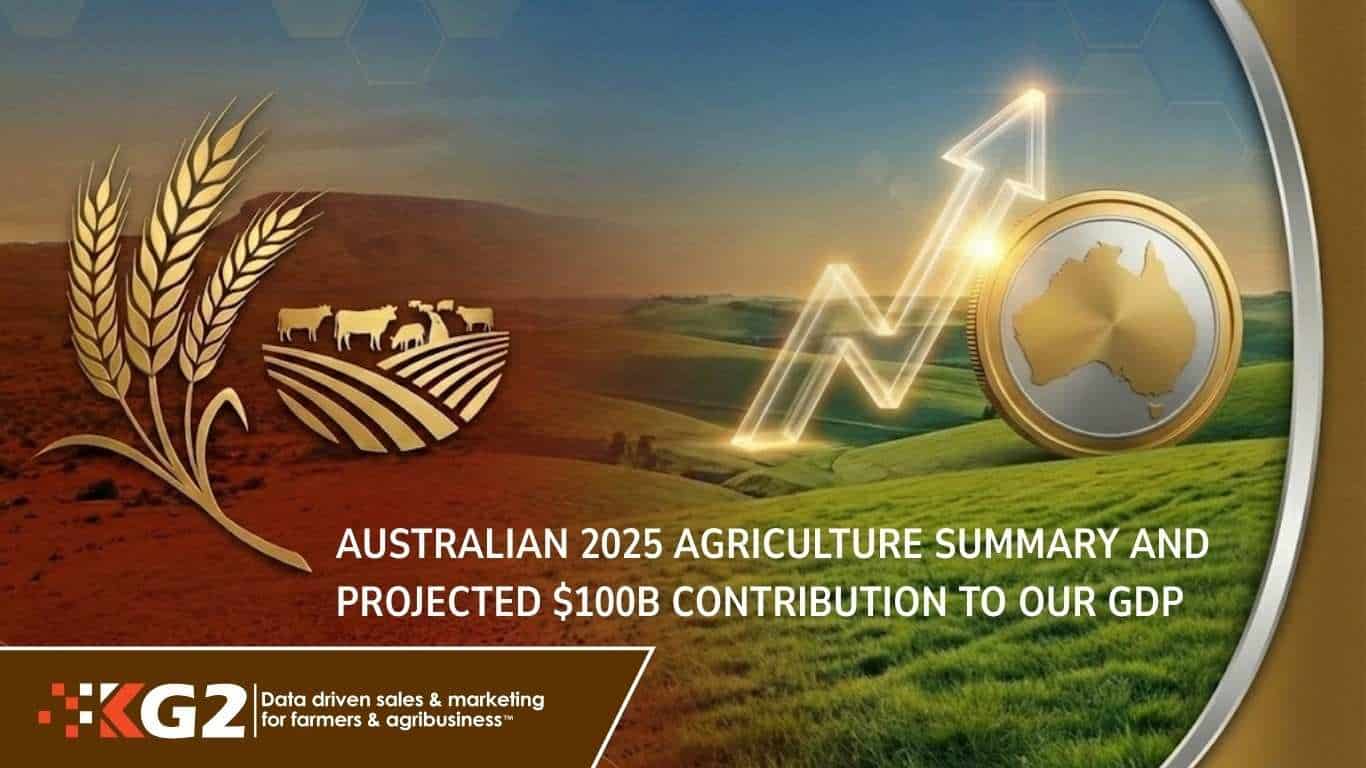
Australian 2025 Agriculture Summary And Projected $100b Contribution To Our GDP
In the 2025–2026 fiscal year, Australia's agriculture sector—which includes farming, fishing, and forestry—is expected to perform at a level never seen before. The aggregate gross value of production is expected to break records and surpass $100 billion for the first...
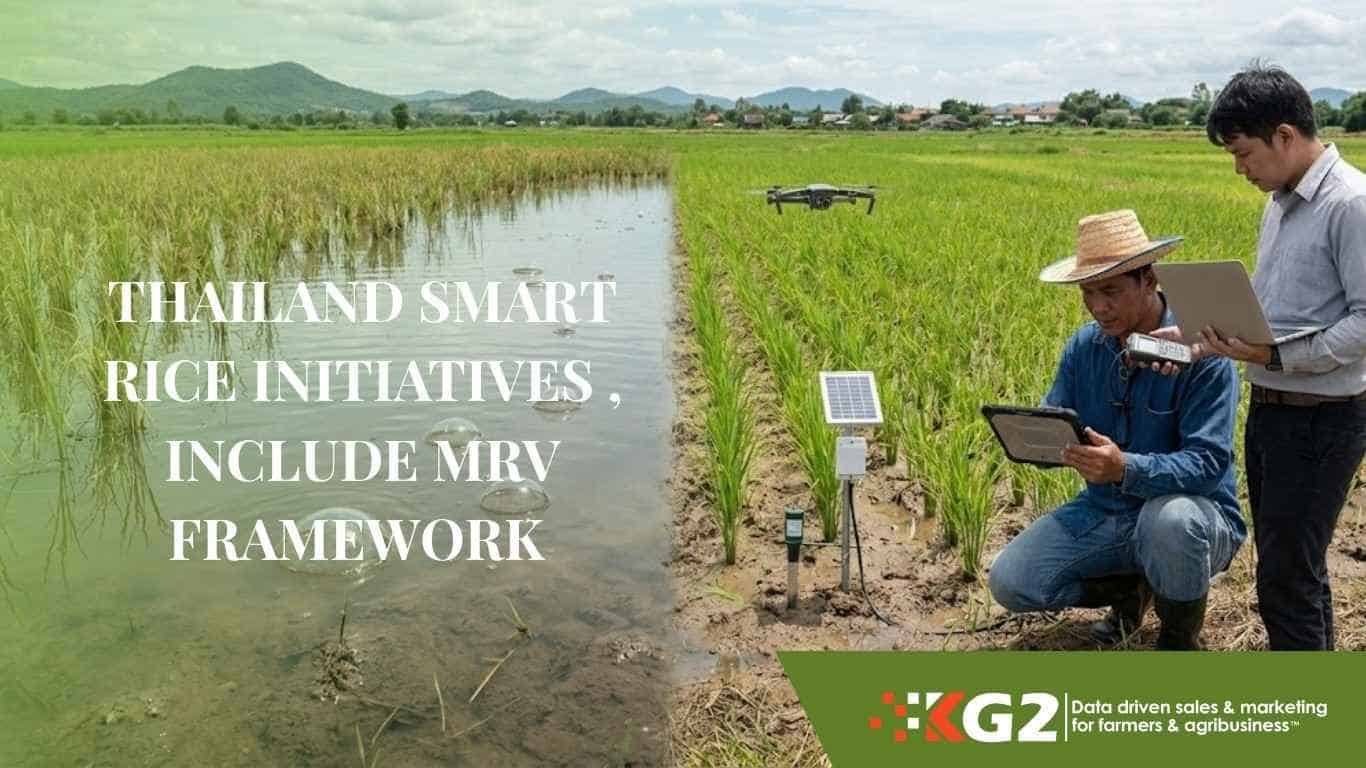
Thailand’s Smart Rice Initiatives Include The MRV FRAMEWORK
Rising methane emissions from its paddies and unpredictable monsoons are two climate-related challenges facing Thailand, a global rice powerhouse that exports more than 7 million tons of rice each year. Enter "smart rice initiatives," cutting-edge programs that reduce...
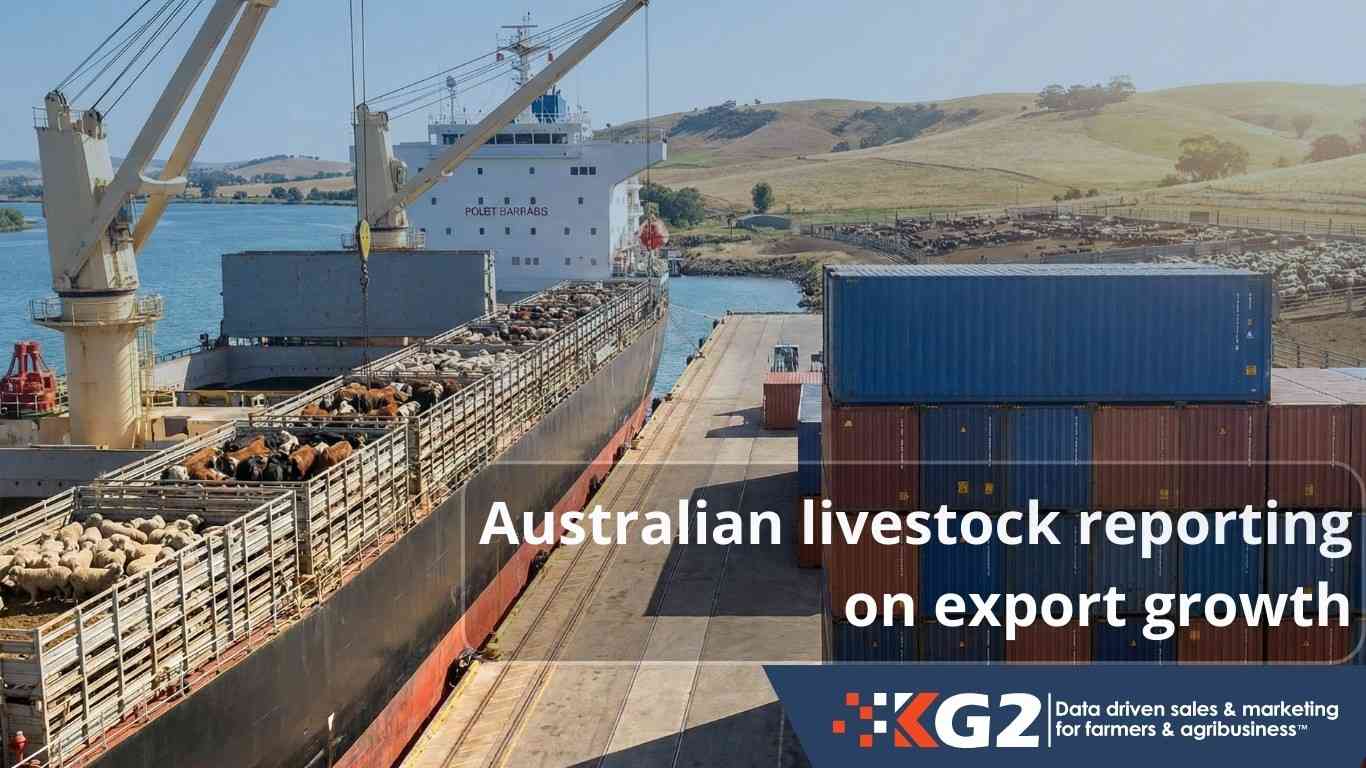
Australian Livestock Reporting On Export Growth
Despite a muted result in live animal shipments, Australia's livestock exports showed remarkable growth in 2025, especially in the red meat categories, setting new records. This growth demonstrates the industry's adaptability and worldwide competitiveness, which are...
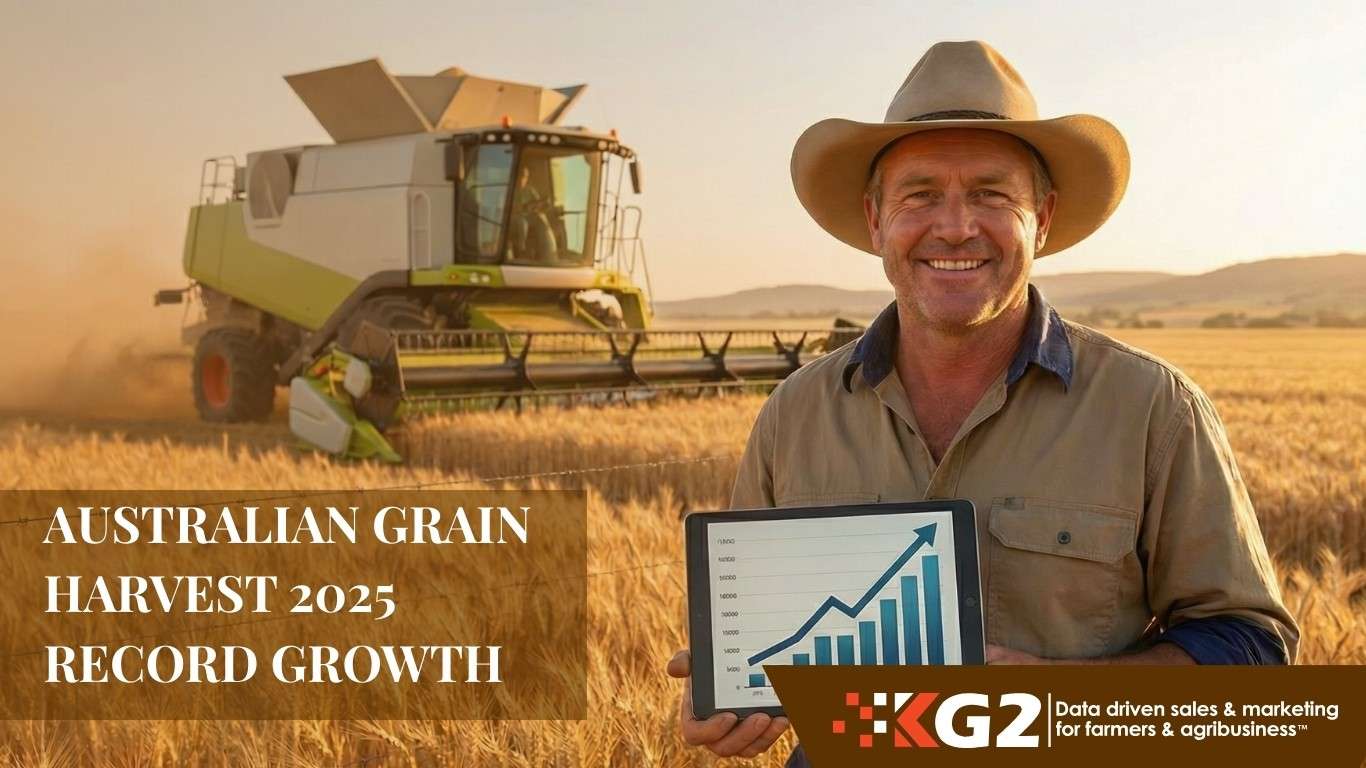
Australian Grain Harvest 2025 Records Growth
Due to favorable weather, more plantings, and strong worldwide demand, Australia's grain harvest in 2025 is expected to achieve record growth, exceeding prior benchmarks. With estimates showing wheat production at 32 million tonnes and total grains surpassing 60...
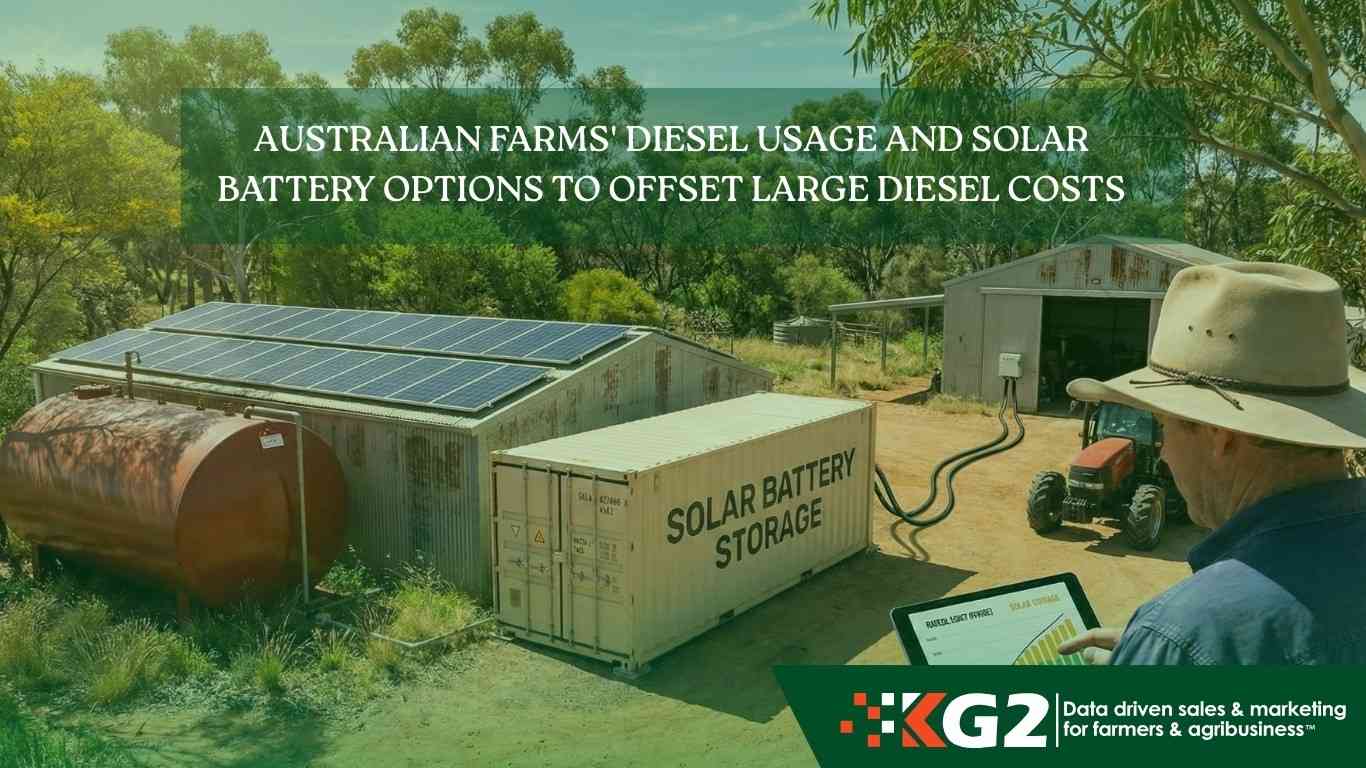
Australian farms’ diesel usage and solar battery options to offset large diesel costs
With an annual use of about 2,225 million litres, or 85.9 petajoules, mostly for tractors, irrigation pumps, and harvesters, Australian farms are subject to high fuel expenses. Solar battery solutions emerge as a potential offset, reducing costs by up to 70% while...
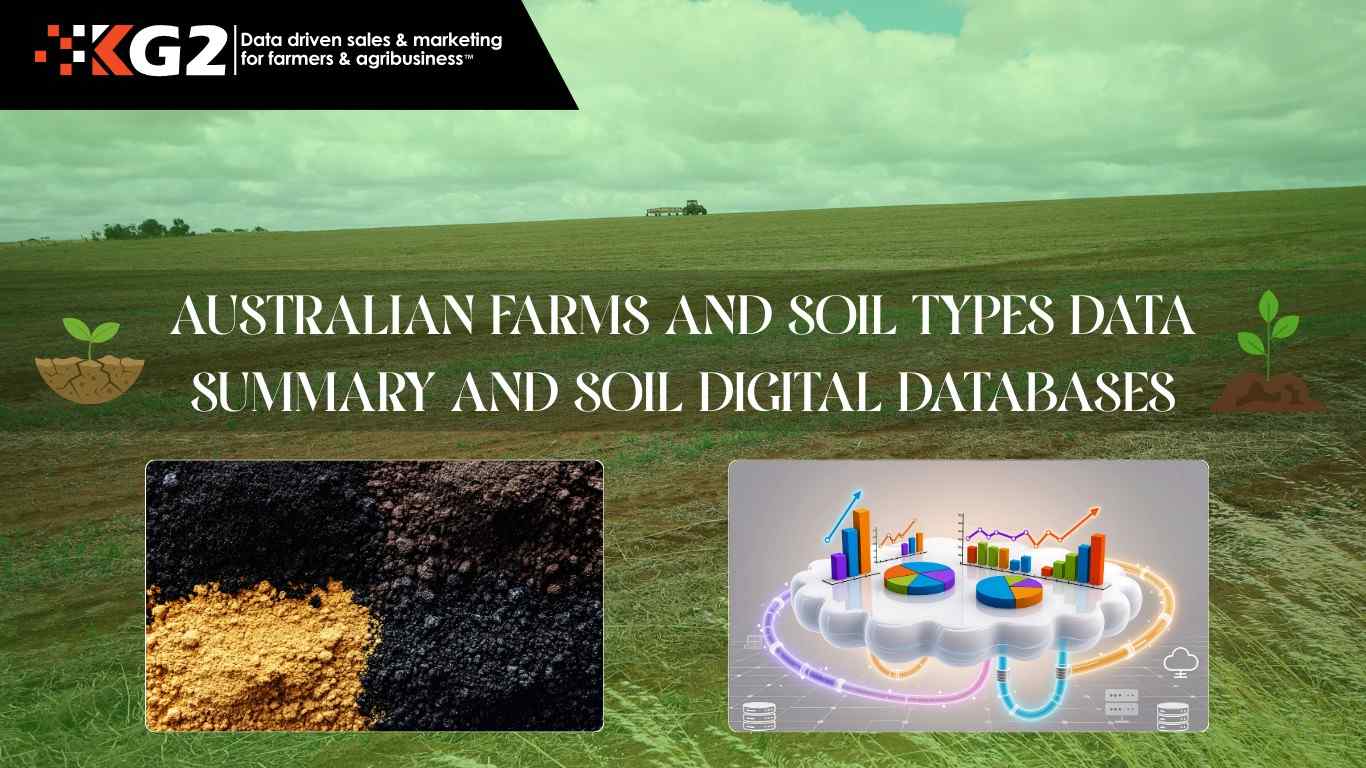
Australian Farms And Soil Types Data Summary And Soil Digital Databases
Australia's farms cover a wide range of soil types, each of which has an impact on sustainability, management techniques, and agricultural productivity throughout the continent's diverse landscapes. Understanding these soils, which range from ancient, weathered...
The Rise of Insect & Plant Proteins in Australia
The protein market in Australia is evolving. Driven by health concerns, growing interest in sustainability, supply-chain resilience, and increased investment in plant- and insect-based production, consumers, processors, and farmers are investigating alternatives to...
Vertical Farming: How Cities Are Growing Fresh Food
Urban populations are swelling, climate variability is increasing pressure on traditional supply chains, and consumers want fresher, more local produce. In Australia, vertical farming, growing crops in stacked layers using controlled-environment agriculture (CEA), ...
Why Traceability Is Boosting Australia’s Farm Profits
In Australia's agricultural industry, traceability is becoming more widely acknowledged as a major factor in farm revenues. Traceability increases market trust, streamlines compliance, and opens up premium market prospects by facilitating transparent, real-time...
How Australia Leads in Sustainable Farm Exports
Decades of scientific advancement and progressive methods have made Australia a leader in sustainable agriculture exports. The Australian agriculture sector stands out due to its high export rates, cutting-edge sustainability practices, and robust institutional...